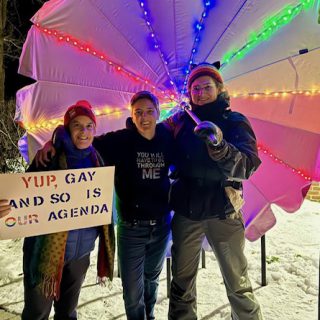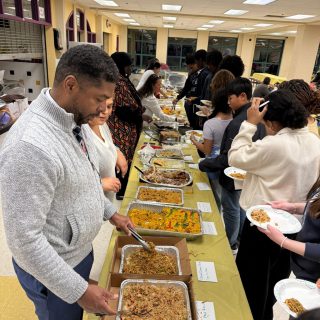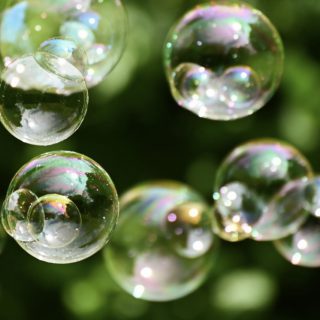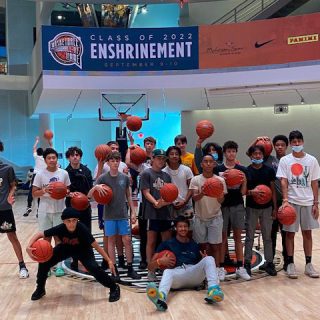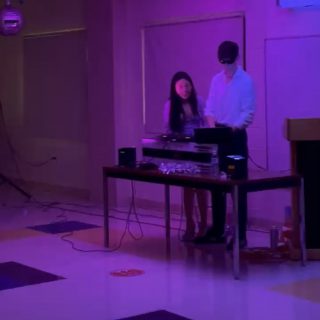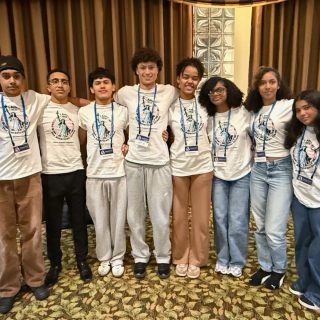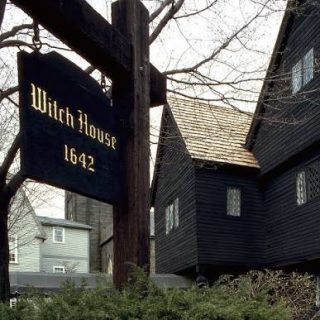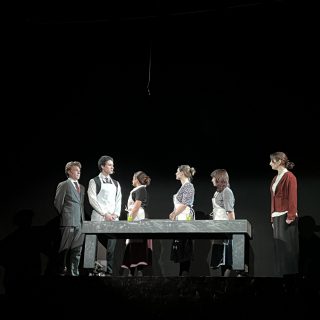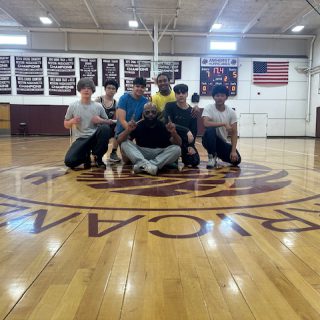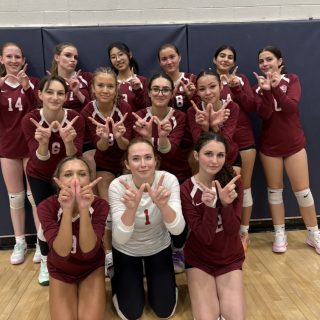Why the younger generation can’t get enough of horror and crime genres
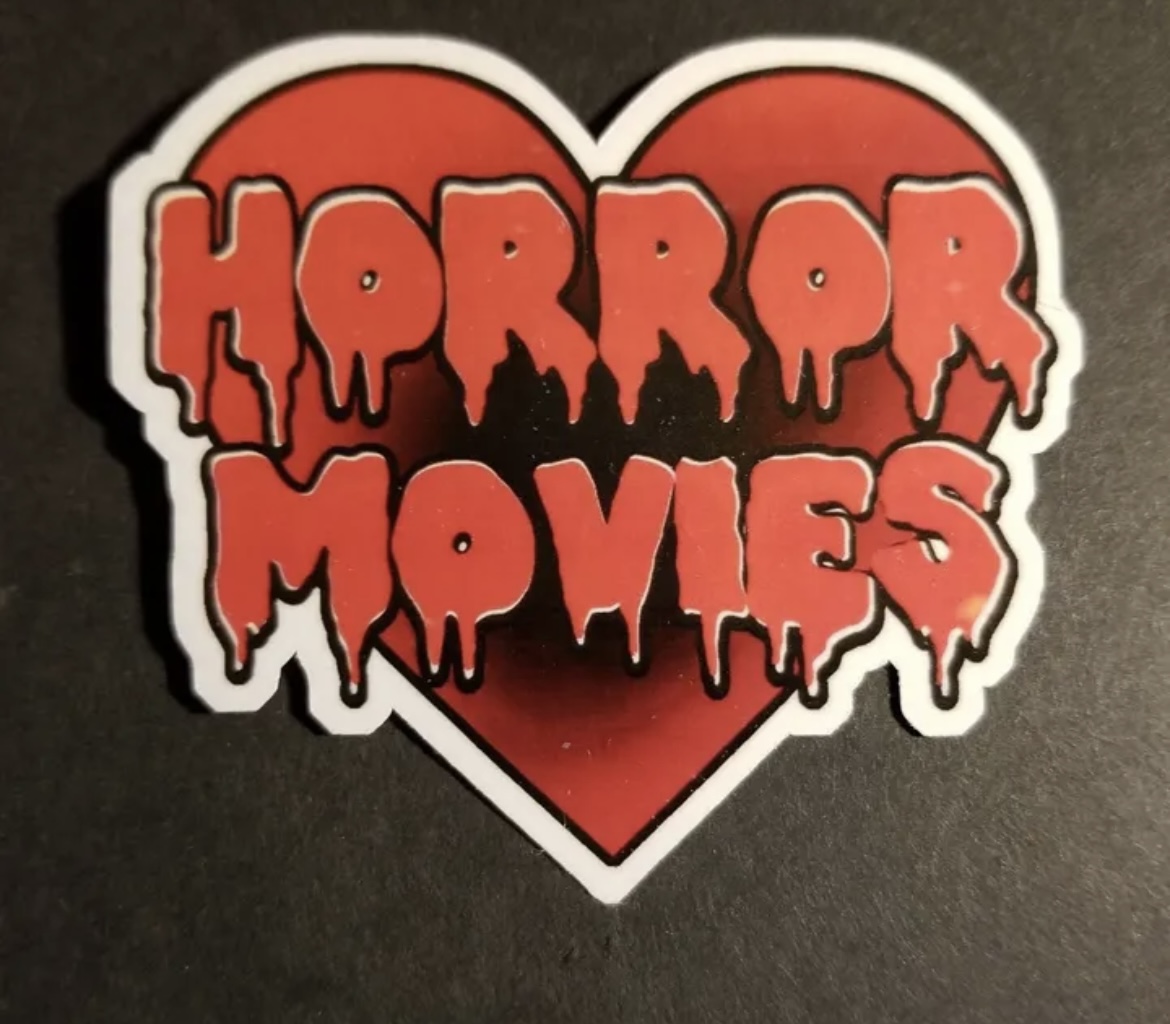
Although I’m not the best at keeping up with horror movies or watching them on my own at home, I love watching them in the theater. I recently saw both “The Black Phone 2” and “The Conjuring: Last Rites” in the theater. While watching previews, I noticed more young people, aged 13-25, in the theaters. There were hardly any older adults, and it made me wonder: why do so many young people today seem to love horror and crime movies and shows?
Many teens say the appeal comes from the thrill and adrenaline that horror provides — an exciting kind of fear that feels safe. Senior Damien Sanchez explained that horror gives him “the excitement of being on edge and the sensation of fear,” while crime shows “give you a glimpse into people’s minds and force you to think about stuff that people try to neglect in the world.”
For him, movies like “Friday the 13th” and “Saw” aren’t just scary — they make viewers question motives and morality. “‘Saw’ is one of the best stories in all of horror,” Sanchez said. “You as the viewer are also trying to find out who Jigsaw really is.”
For others, the fascination might have deeper roots. Senior Sophia Lau thinks the COVID-19 pandemic changed how her generation interacts with entertainment. “COVID made younger generations more numb to things that are considered normal,” she said. “It made them lose interest in things that would be realistic.”
To her, horror offers something more extreme and exciting than everyday life — a feeling she doesn’t get from watching realistic dramas. Even though her first horror experience gave her nightmares—“I was six, and it was a zombie movie,” she admitted—she still prefers horror over crime because it’s more “exhilarating.”
Meanwhile, Delany Cheng, another student, believes the rise in interest has more to do with curiosity and problem-solving. “The younger generation is full of problem solvers, and crime and horror are windows into enhancing those skills,” she said.
She prefers crime movies “because there’s more thinking involved,” but she admits that well-planned horror movies, like Jordan Peele’s “Us,” pull her in with their plot twists. “Any Jordan Peele horror movie is amazing because he really thinks through the plot twists,” she said. “Us was engaging and terrifying at the same time.”
Not everyone watches horror for the same reasons, though. Daniel Ryu said he was “terrified and paranoid” after seeing “Gonjiam: Haunted Asylum,” but he still finds himself drawn back to the genre. “They’re somewhat interesting to learn about, especially true horror stories,” he said. Like many others, Daniel prefers horror “because it’s something that would jumpscare me,” unless a crime story “gives me chills and creeps me out.”
For George Scanlan-Emigh, horror is less about gore and more about psychology. They became a fan after watching Stephen King films at the Greenfield Garden Cinemas. “I enjoy the psychological aspect of horror and the way it grips you,” they said. “No other genre does that.” Scanlan-Emigh pointed out that classic directors like Alfred Hitchcock relied on suspense and atmosphere rather than blood and violence. “They get into your head and stay there,” they explained.
So what’s really behind this trend? It might be that younger audiences crave stories that make them feel something intense — fear, suspense, or even empathy for the characters. Horror and crime offer emotional extremes that everyday life doesn’t. They also provide safe ways to explore danger, morality, and human psychology, all while bonding with friends or family in the dark of a theater.
